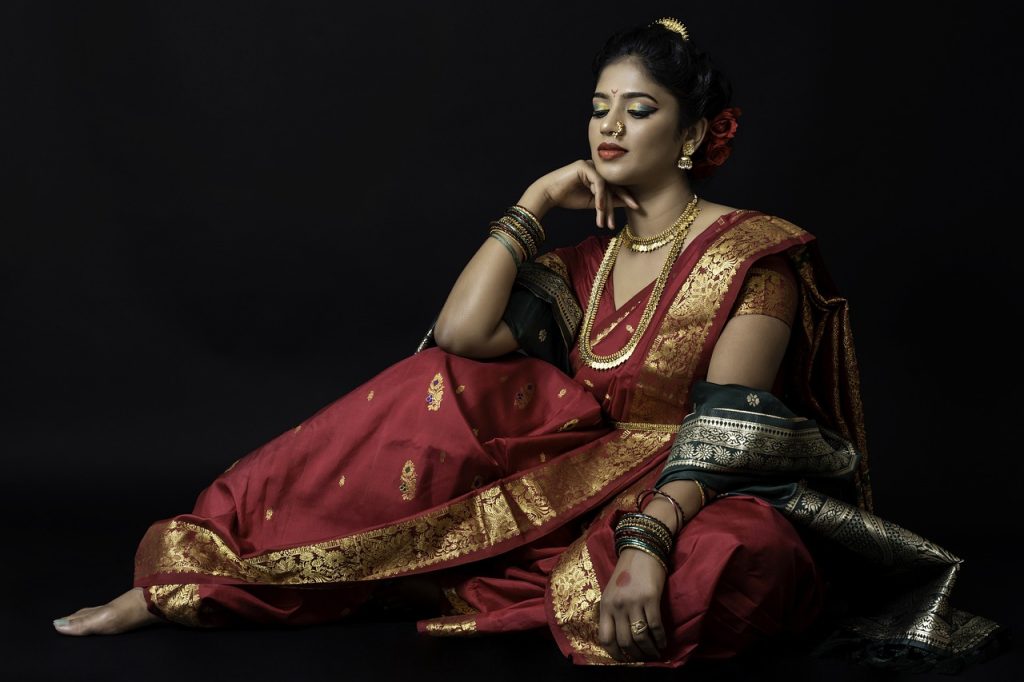
BLOG
A Hindu wedding is a vibrant and elaborate ceremony that typically involves various rituals and customs, varying by region, community, and family traditions. Here are some common elements and rituals typically involved in a Hindu wedding:
Pre-Wedding Rituals:
- Roka Ceremony: This is the informal engagement where both families agree to the marriage.
- Sangeet: A festive celebration with music and dance, often involving both families.
- Mehendi Ceremony: The bride’s hands and feet are adorned with intricate henna designs, symbolizing beauty and joy.
Wedding Day Rituals:
- Baraat: The groom’s procession to the wedding venue, accompanied by family, friends, and music.
- Kanyadaan: The bride’s father gives her away to the groom, symbolizing the bride’s transition from her family to her husband’s family.
- Saptapadi: The couple takes seven steps together, making promises to each other with each step. This is a crucial part of the wedding, symbolizing their journey together.
- Agni Parikrama: The couple circles a sacred fire (Agni), which represents the divine and is considered a witness to the vows taken.
Post-Wedding Rituals:
- Grihapravesh: The bride enters her new home for the first time, accompanied by ceremonial rites to welcome her into her husband’s family.
- Reception: A celebratory banquet hosted by the groom’s family to introduce the bride to their relatives and friends.
Attire and Decoration:
The bride typically wears a richly embroidered sari or lehenga, while the groom usually wears a sherwani or traditional attire. The wedding venue is often elaborately decorated with flowers, lights, and traditional elements.
Hindu weddings are deeply rooted in culture and tradition, focused on family, community, and the significance of the marital bond. The specific rituals and their order can vary, but they all share the common themes of love, commitment, and the sacredness of marriage.
